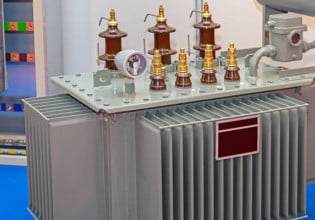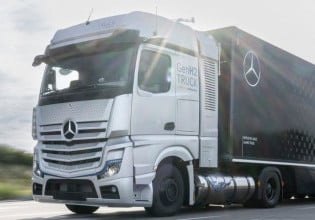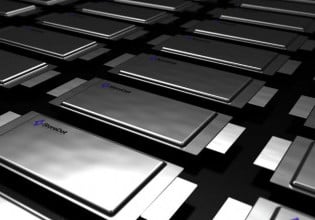WiTricity, an automotive wireless power transfer pioneer, announced its technology acquisition from Qualcomm Incorporated and Qualcomm Technologies, Inc. of Qualcomm's Halo wireless EV charging platform and other IP assets. The technology acquisition will raise to over 1500 the number of patents and applications related to wireless charging that WiTricity will own or control. Through the transaction, Qualcomm Incorporated will become a minority WiTricity shareholder.
According to WiTricity, the acquisition will streamline technology development that enables automakers to deliver an EV charging experience that is seamless and efficient. The company notes that with wireless charging, EV drivers will be able to recharge hands-free, without requiring bulky cables. Such technology is expected to virtually eliminate the need to ever plug in. Additionally, the company contends that electrified autonomous vehicle (AV) fleets will require wireless charging since such vehicles will have no human drivers present to plug in.
Qualcomm Incorporated and WiTricity have been working together with global standards organizations, which currently leverage reference designs from each company. This acquisition is anticipated to simplify ratification of the wireless charging standard for EVs and help ensure interoperability across automakers. Once the standard is in place, EV drivers will be able to use any standards-compatible pad to charge their vehicles.
"WiTricity's wireless charging technology is key to the future of mobility which is clearly electric, and increasingly shared and autonomous," said Alex Gruzen, CEO of WiTricity. "EV drivers and fleets demand a simple, effortless charging experience. Bringing the Qualcomm Halo technology into the WiTricity portfolio will simplify global interoperability and significantly accelerate commercialization. This is an exciting day for WiTricity, for automakers, for prospective EV buyers, and ultimately for any company deploying fleets of autonomous vehicles."
"With Qualcomm technology and expertise, we have been able to deliver innovative automotive solutions, like Qualcomm Halo wireless electric vehicle charging (WEVC), not only to support the shared vision of a more efficient, safer and cleaner urban mobility, but also to transform the automotive experience," said Steve Pazol, advisor, and former vice president and GM, Wireless Charging, Qualcomm Incorporated. "Qualcomm is confident that combining WEVC under WiTricity's leadership will create accessibility to and demand by customers for this exciting technology."
By 2030, it is projected that more than 120 million EVs will be on the road, and over $50 billion is forecast to be invested in charging infrastructure. By 2040, about 200 million EVs could be on the road in China alone; and globally, about 559 million, or a third of all cars could be EVs. WiTricity asserts that all of these EVs could be charged simply and wirelessly with its unique technology.
The acquisition follows other important recent milestones for WiTricity. The company signed several new licensing deals including an agreement with Mahle in Germany and Anjie Wireless in China. WiTricity technology licensing agreements have also been announced with Toyota, Aptiv (formerly Delphi), TDK, IHI, Shindengen, Daihen, and BRUSA. Global corporate investors now include Qualcomm, Toyota, Intel Capital, Delta Electronics Capital, Foxconn, Haier, and Schlumberger.
Earlier in 2019, Honda and WiTricity demonstrated their wireless vehicle-to-grid charging model at CES in Las Vegas. The demonstration leveraged WiTricity's DRIVE 11 wireless charging system. In 2018, BMW introduced the world's first vehicle that is factory equipped with wireless charging, the BMW 530e iPerformance sedan.






